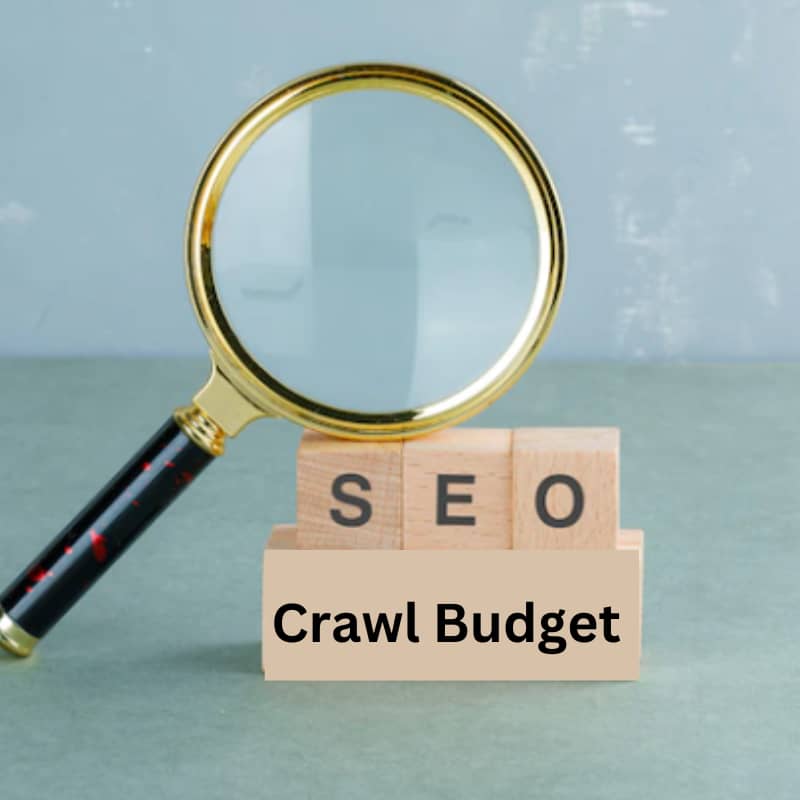Certain SEO (Search Engine Optimization) aspects can make or break a digital marketing campaign. The crawl budget is undoubtedly one of them.
Since the crawl budget has become a vital part of the digital marketing world, it is essential to understand what it is and how it can help you up your digital marketing game.
So let’s talk about the crawl budget and how it matters for your website’s SEO.
What is Crawl Budget?
The crawl budget is the maximum number of pages Google crawls on a particular website within a given timeframe. This number varies slightly every time a search engine crawls a website but is mostly around in the same range.
Every website has a different crawl budget, and a search engine can calculate this budget by assessing the following factors:
- Website size
- Website health
- Number of links
- Updates frequency
Once the crawl budget of a website exhausts, search engines stop indexing its pages or URLs.
How Does Crawl Budget Affect SEO?
Crawl budget plays a critical role as it enables a site’s pages to be found by crawlers. It also ensures that new content on the website is crawled quickly.
If a search engine doesn’t crawl a page or URL, it will not rank anywhere or for anything.
That means if the total number of pages on your website exceeds its crawl budget, some of its pages or URLs will remain uncrawled.
Overall, if you have a website and want search engines to crawl a maximum number of pages or URLs, it is essential to manage a crawl budget. The sooner the search engines crawl them, the sooner you can benefit from them.
However, if you own a small site, you don’t really have to worry about the crawl budget. Search engines can easily index websites with fewer pages.

